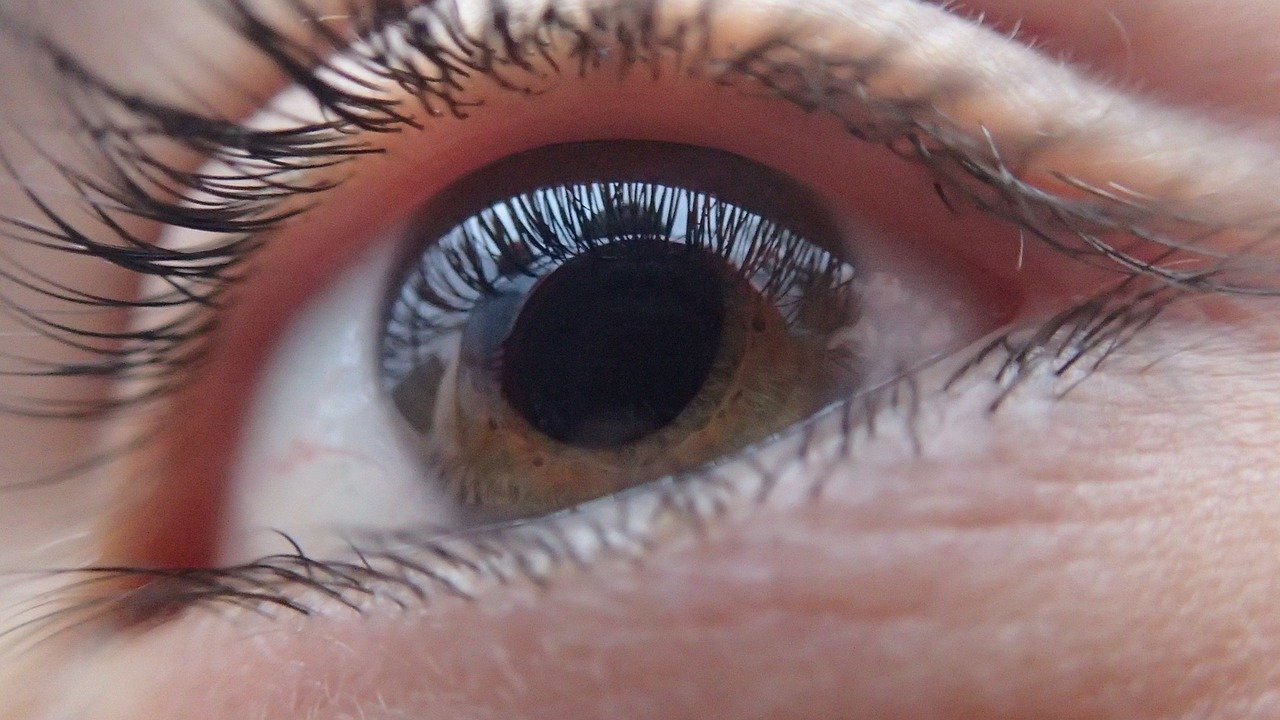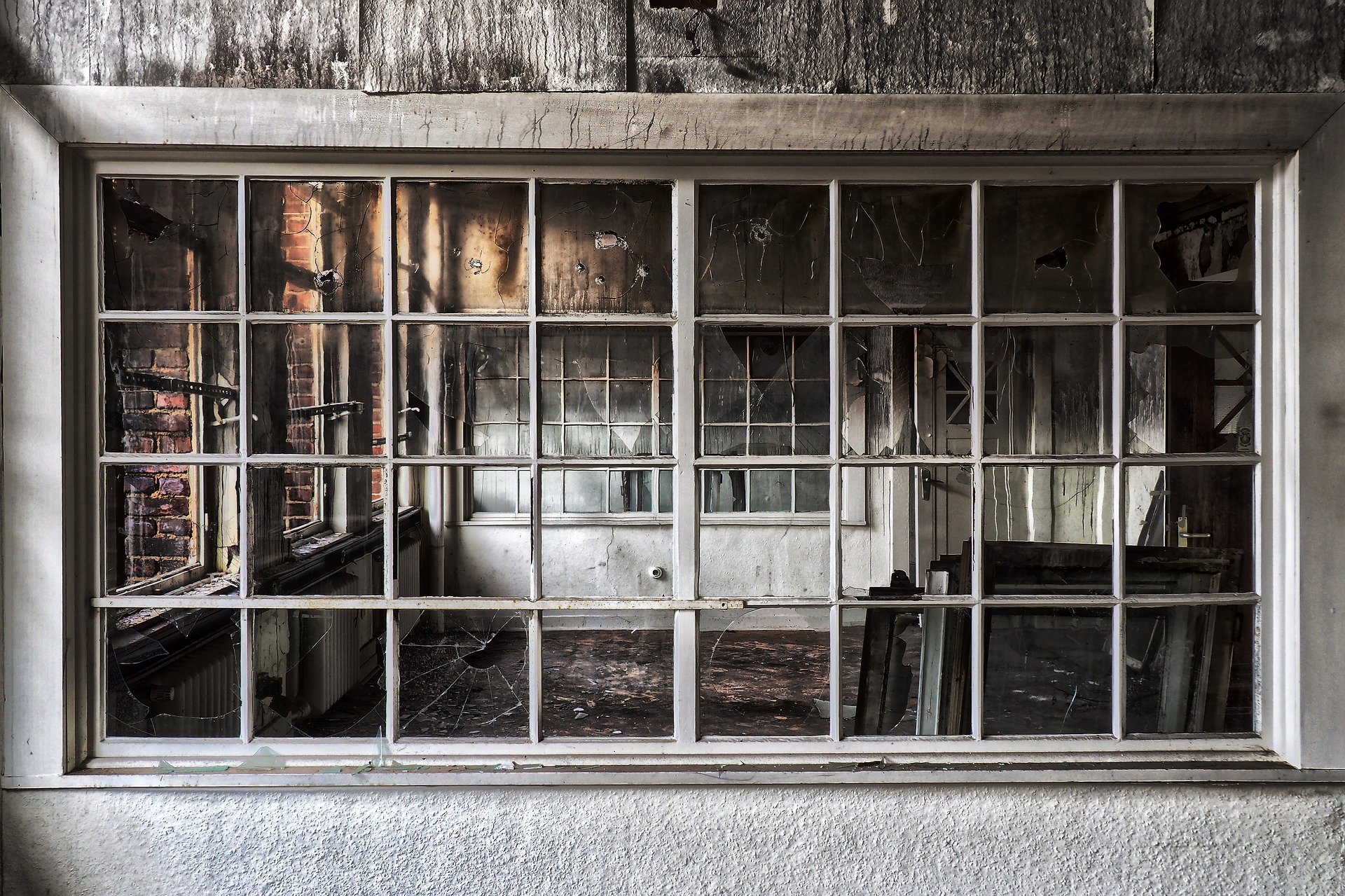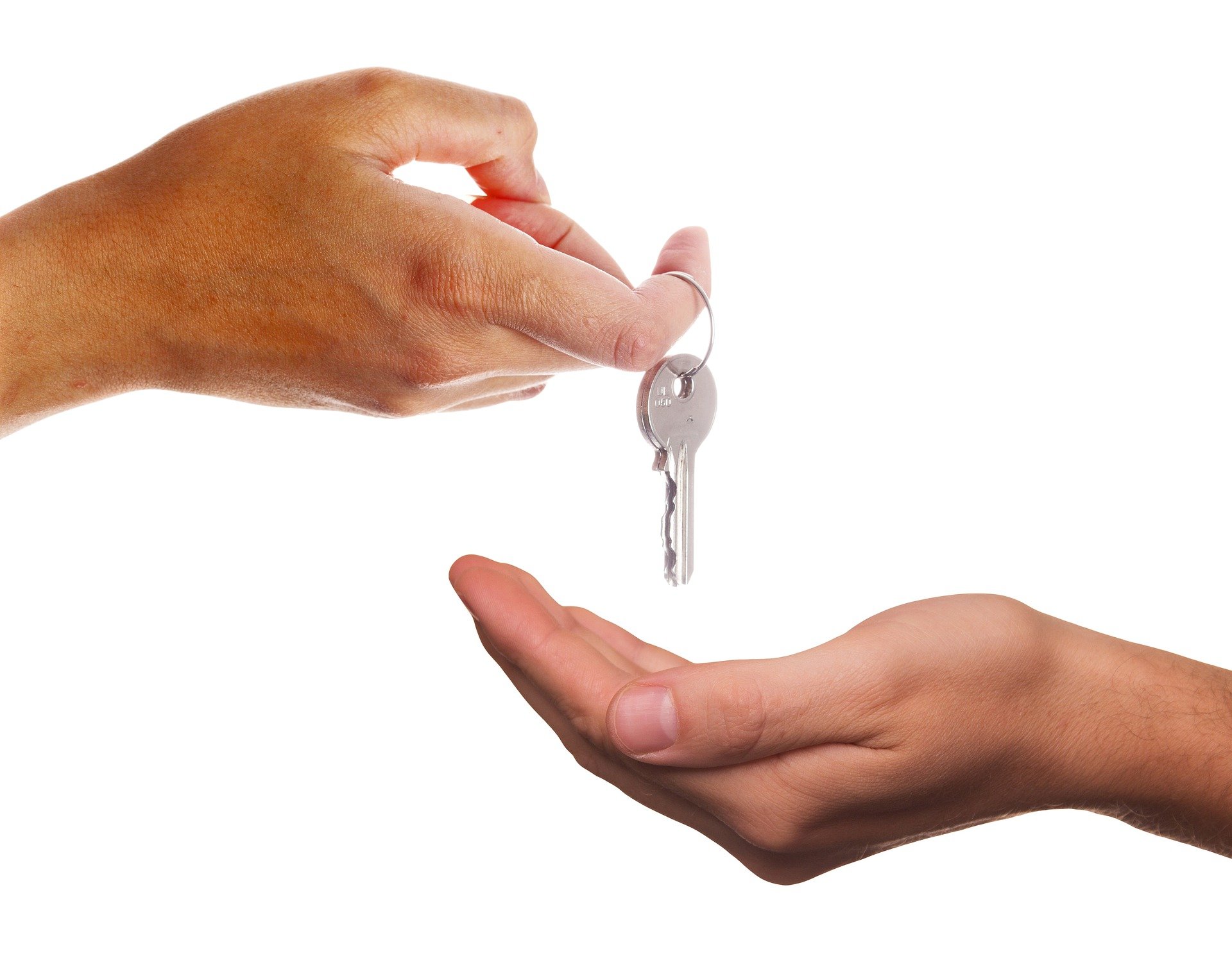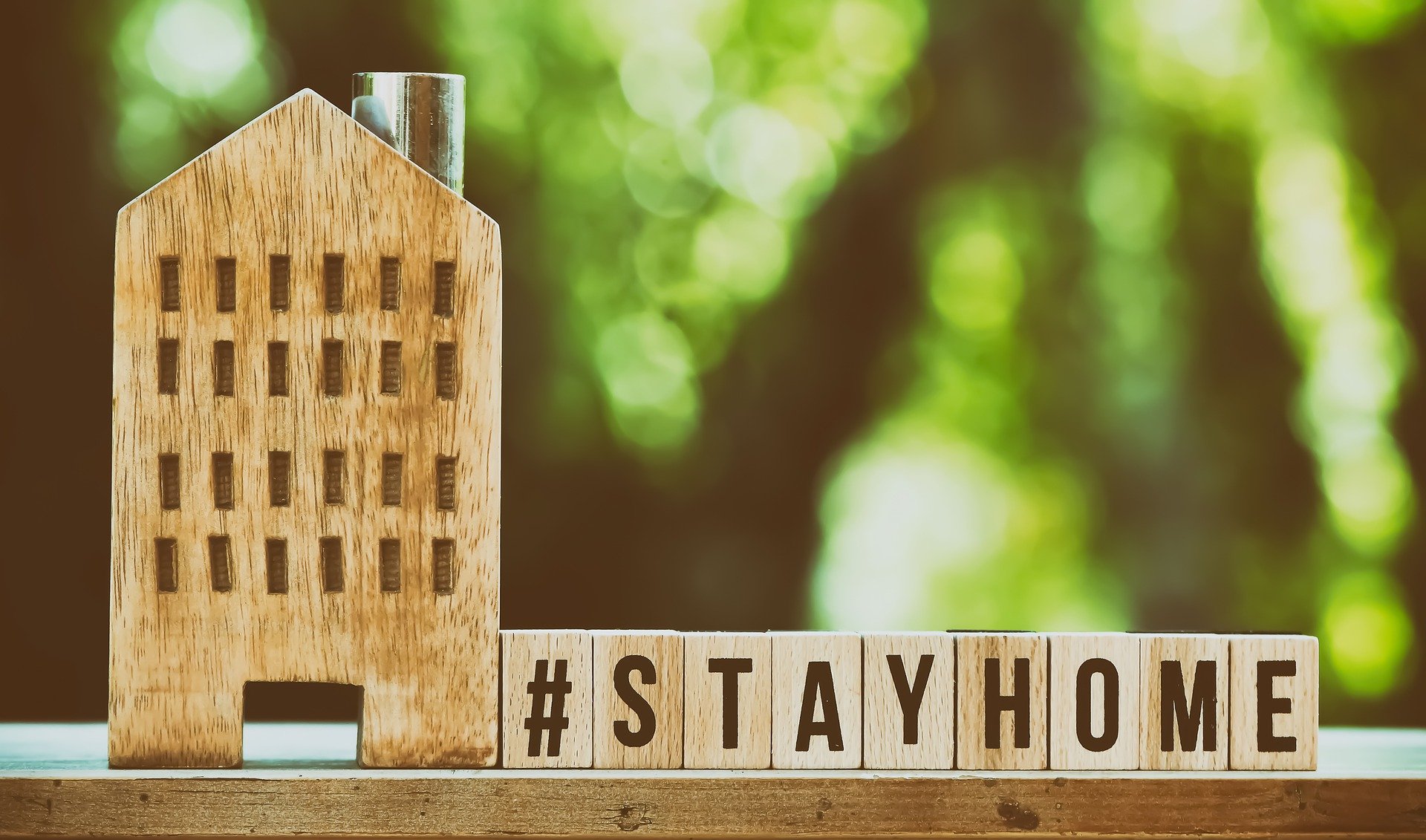
If a personal injury has caused you to suffer from loss of sight, this could have a huge effect on your life. Our sight and our hearing are the senses that truly make us aware of the world. That’s why if you have had them your whole life, only to lose them in an accident, it can have a devastating effect on your life. Ultimately, you may have experienced emotional damages, as well as physical damages. You may feel confused, vulnerable and unable to fully understand what has happened to you. You may also be feeling extremely angry at the person who is responsible for your accident.
It is completely understandable. After all, they have changed your life for the worse and now it is up to you to try and put the pieces back together. If you have suffered from this type of personal injury, it’s time for you to claim compensation for your damages. That’s why it’s time to reach out to a lawyer at Gowing Law Solicitors.
Throughout the lockdown, Gowing Law has been open to help our clients with their personal injury claims. This includes compensation cases for loss of sight. You can learn more about how we can help you with your claim by calling our team of specialists on 0800 041 8350 or click the button below to visit our personal injury claims page:
What could classify as a personal injury?
Before we talk about loss of sight injury claims, let’s talk about personal injury claims in general and the damages they cause. If you get hurt in a personal injury, you have been hurt in a public environment that was under the responsibility of a higher authority. These can include, but are not limited to:
- Shops
- Restaurants
- Public parks
- Public outdoor areas
- Car parks
Unfortunately, in some cases, you may have fallen over or slipped in a public area where no one was responsible for your safety. This could include falling over a kerb or onto the pavement. With that being said, if you were hurt in an area where it was the responsibility of someone else to keep you safe, you could be eligible for compensation. This could include shop owners, restaurant owners and your local government. Your injuries may have been due to their negligence, as they did not do their best to keep you safe. Ultimately, that means that they did not adhere to their “duty of care” and you became hurt as a result. Therefore, they are guilty of negligence. That is why you could be owed compensation for your injuries. Some of the most common personal injuries include:

Loss of Sight: How could you get hurt?
Some of the most common loss of sight accidents happen due to someone else’s negligence or failure to act. These type of causalities are known are “no-fault accidents.” It means that someone else was responsible for you getting hurt. Now, loss of eyesight can happen through many different types of accidents in commercial properties, in the workplace or in a vehicle on the road. Take a look at the infographic below to get a better idea of what sort of accidents could cause a loss of sight:

As you can see, there are many different ways that you could experience loss of sight. What’s crucial about this type of injury is that you seek out medical assistance as quickly as possible. That way you can see a professional that can lessen the impact of the damages. Some symptoms of loss of sight could include:
- Vision loss
- Spots in vision
- Bright lights flashing
- Pinprick vision
- Undiagnosed medical conditions (i.e. diabetes, hypothyroidism, macular-degeneration)
Of course, not all loss of sight comes immediately from an accident. Instead, there may be factors at your place of work that slowly degenerates your vision over time. This includes exposure to bright lights, the same way that you could experience hearing loss from exposure to loud noises. If you are worried that this is happening to you, you will need to alert your manager about your concerns. You may also need to ask for stronger PPE, such as darkened goggles or a full-face mask.

What should I do if I suffer from a loss of sight related injury?
No matter what type of personal injury you have suffered from, it is important that you seek help as quickly as possible. If you are in a public place, ask people or staff for help around you. For a store environment, ask for management or workers for assistance. Some of them may have first-aid experience. You should then ask for an ambulance to be called so you can have a medical professional to check you over. They can provide you with a medical report and ensure that the injuries are not any worse than they may initially appear.
With that being said, if you can collect evidence from the scene of the accident, this will help your case immensely. You should focus on obtaining the following evidence to prove physical, emotional and financial damages, as well as damage to property and loss of opportunity. Focus on finding the following:
- Photographs
- Videos/CCTV footage
- Witness statements
- Medical records
- Police records
- Diary entries
From there, you can make copies of this evidence to provide to your solicitor. They can organize it appropriately and ensure that it is used to back up your claims when a settlement agreement is arranged with the third party and their insurer.
How much compensation could I receive from a loss of sight claim?
When it comes to any type of personal injury claim, it’s important to know that the compensation pay-out is going to be different for every person. The best way to get an estimate about how much you could be owed in compensation is to speak to your solicitor. If you are suffering from serious injuries, it is more likely that you will end up claiming a higher amount of compensation than someone who has only suffered from minor injuries.
Take a look at the chart below to get an idea of how much you could be owed for your damages:

The best source to know how much you will receive is your solicitor. Your lawyer can make an estimate and work with you to create a settlement agreement. If you are happy to move forward with your claim, this settlement can presented to those responsible for your accident. If it is agreed on then you will receive that amount once the appropriate paperwork has been filed up.
Speak to Gowing Law Solicitors about your loss of sight claim
Here at Gowing Law Solicitors, we are proud that we are able to help our clients all over the UK with their personal injury claims. Loss of sight can have a major impact on your quality of life. That’s why our lawyers are determined to get you the compensation that you deserve. Therefore they are more than willing to provide you with free advice and consultations to get you started. You can work with our specialists on a “no win-no fee” basis. That means you will never have to pay any hidden fees. Instead, you will only need to pay our solicitors if they win your case for you. So, what’s stopping you from making your claim today?
Contact our personal injury specialists today by calling 0800 041 8350, emailing info@gowinglaw.co.uk or by using our claim’s checker. One of our lawyers will then be in touch to discuss your claim and answer your questions.
Read more about Personal Injury Claims
Don’t forget that if you want to learn more about loss of sight claims, you can visit our blog page. We update it regularly with brand new content about different legal claims, seasonal events, competitions and giveaways. Occasionally, we even write about updates about our law firm and what we have been up to recently. You can send in your suggestions for our blog to info@gowinglaw.co.uk. That way if you would like to see a certain topic written about, we can get it uploaded for you ASAP. Make sure to also follow our social media below to see what we have been writing about!
We look forward to seeing you in our next blog.




































































Recent Comments